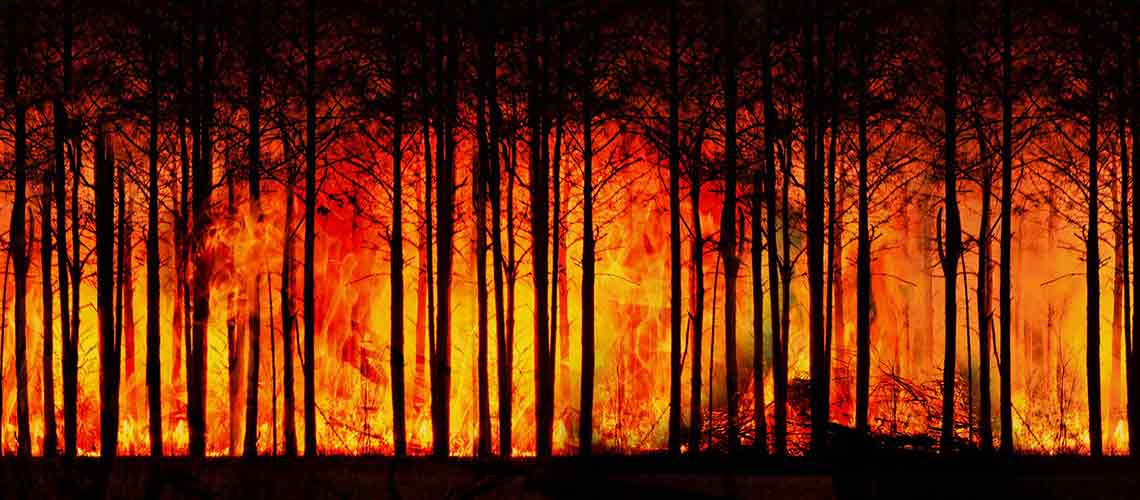Global temperature set to break key 1.5C heat threshold for first time in next five years

The global temperature is set to break a key temperature limit for the first time within the next five years, the World Meteorological Organisation (WMO) has warned.
There is now a 66% chance of breaching a global average temperature 1.5C at least once between now and 2027 – which would mark the first time in human history.
Almost every country in the world has committed to trying to limit warming to ideally only 1.5C above levels in pre-industrial times.
Nations did this when they signed the historic Paris climate agreement at the COP21 climate conference, in a bid to keep the dangerous impacts of climate change, like floods, rising sea levels and droughts, more manageable.
Breaching 1.5C, while alarming, would not mean the world had permanently surpassed the threshold, scientists stress.
The global average temperature would need to exceed 1.5C many more times before the climate can be said to have permanently warmed to that level.
But it is a sign the world is getting closer, and that humanity’s attempt to reign in climate change, which is caused primarily by burning fossil fuels, may have been too small and too slow.
Dr Leon Hermanson of the Met Office Hadley Centre, one of the experts who led the report, said: “We have never crossed 1.5C. The current record is 1.28C.
“It’s very likely we’re going to exceed that, we might even reach 1.5C – it’s more likely than not that we will.”
Doug Parr, Chief Scientist at Greenpeace UK, said: “This report must be a rallying cry to intensify global efforts to tackle the climate crisis.”
He said every “tenth of a degree of warming we can avoid will reduce the chances of extreme weather across the world and its human cost”.
There is only a 32% chance that the five-year mean average will exceed the 1.5C threshold.
The world has already warmed by around 1.1C at least.
The WMO also said there is a 98% chance of the hottest year on record being broken during that time.
- May 18, 2023
- 1 minute
- Credit - Sky News 2023












